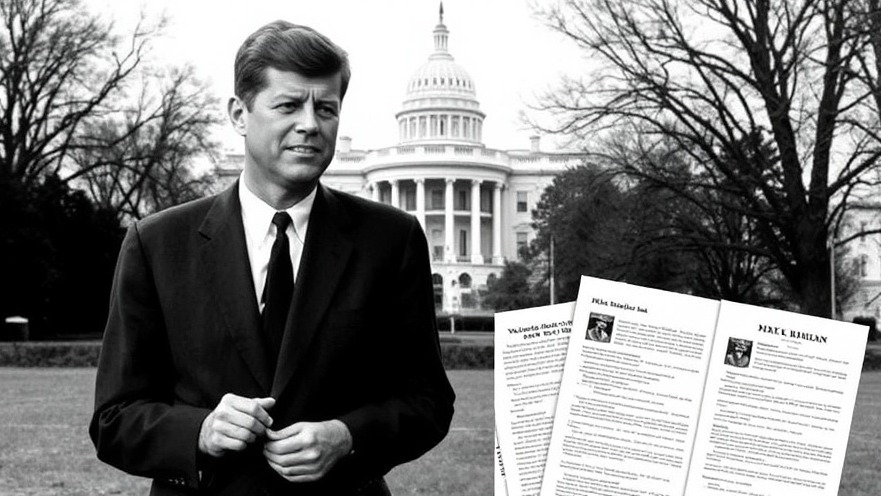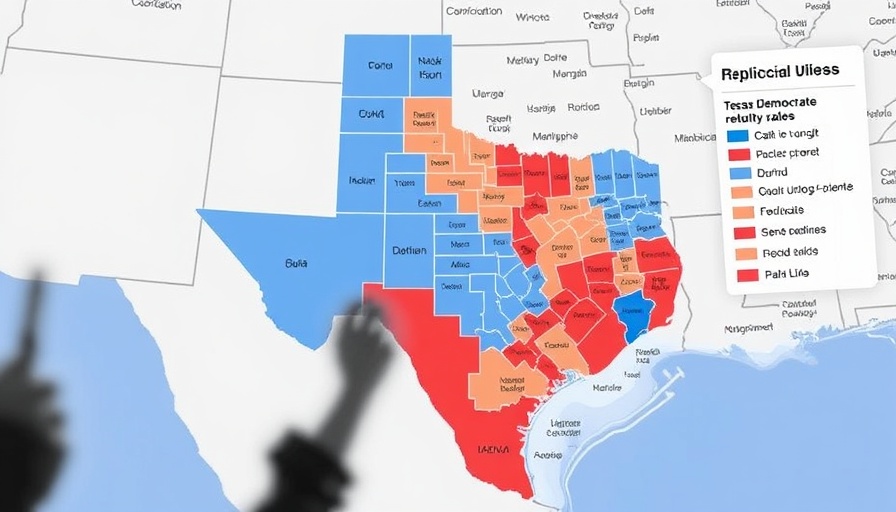
Unearthing the Truth: The Release of JFK Assassination Files
Over sixty years after the tragic assassination of President John F. Kennedy, the long-anticipated release of classified documents has stirred renewed interest in one of America's most enigmatic events. On March 18, 2025, the federal government began unveiling a substantial collection of files, numbering over 80,000 pages, related to JFK's assassination, a move promised by former President Donald Trump.
What Does This New Data Include?
The National Archives and Records Administration (NARA) released these files as part of Trump's commitment to transparency and fulfilling a long-held promise to make important historical records accessible. Historians and researchers are already poring over the initial documents, wondering if any substantial new information could challenge the conclusions drawn by the Warren Commission, which determined that Lee Harvey Oswald acted alone in the assassination.
Initial reviews suggest that while the flood of digital documents provides insight into the context of the assassination, they largely confirm previous findings. For instance, they reflect a climate of fear and suspicion toward the Soviet Union during the turbulent Cold War period, shaped by events like the Cuban Missile Crisis. Some materials include accounts of Oswald's time in the Soviet Union that some believe may help clarify his motivations.
Voices from the Past: Perspectives and Conspiracy Theories
As these documents find their way into public view, questions about their implications remain. Experts, including those within Kennedy’s own family, have expressed skepticism. Robert F. Kennedy Jr., a vocal figure in the ongoing debate about the assassination, has previously suggested potential CIA involvement, adding to the layers of conspiracy theories already surrounding this historical event.
Jefferson Morley, a noted JFK assassination expert, pointed out that while this initial release is a step towards uncovering the past, it is not expected to yield game-changing revelations. Indeed, many observers believe that the actual truth may remain elusive, deepening public fascination with the assassination and the subsequent government investigations.
The Importance of Historical Transparency
This latest batch of documents not only speaks to JFK's assassination but also touches on a broader narrative regarding governmental transparency and public trust. Many believe that the public perception of the CIA's role in historical events could shape current attitudes towards government agencies today. Historians consistently highlight the importance of complete transparency in democratic societies.
While the release certainly raises questions and ignites imaginations, it also serves as a reminder that the search for truth in our history is crucial. Accessibility to documents and insights from the past can empower citizens to critically evaluate historical narratives and challenge assumptions.
Looking Forward: What Lies Ahead?
As more studies of these newly released documents occur, it will be interesting to see if any new findings could alter the landscape of JFK assassination theories. The discussion sparked by these files may influence how history is taught and understood in future generations.
Trump's directive to release these files signals an era of potential reevaluation of significant historical events that have been locked away from public scrutiny for far too long. The anticipation of digging into previously classified information is a reminder that Americans, whether in Dallas or Fort Worth, hold a vested interest in understanding their history fully.
The digital files are available on the National Archives' website, offering the public a chance to engage with this historical treasure trove. This moment marks an important chapter in the journey towards transparency, allowing us to rethink past narratives and seek a deeper understanding of pivotal events in American history.
 Add Row
Add Row  Add
Add 




Write A Comment